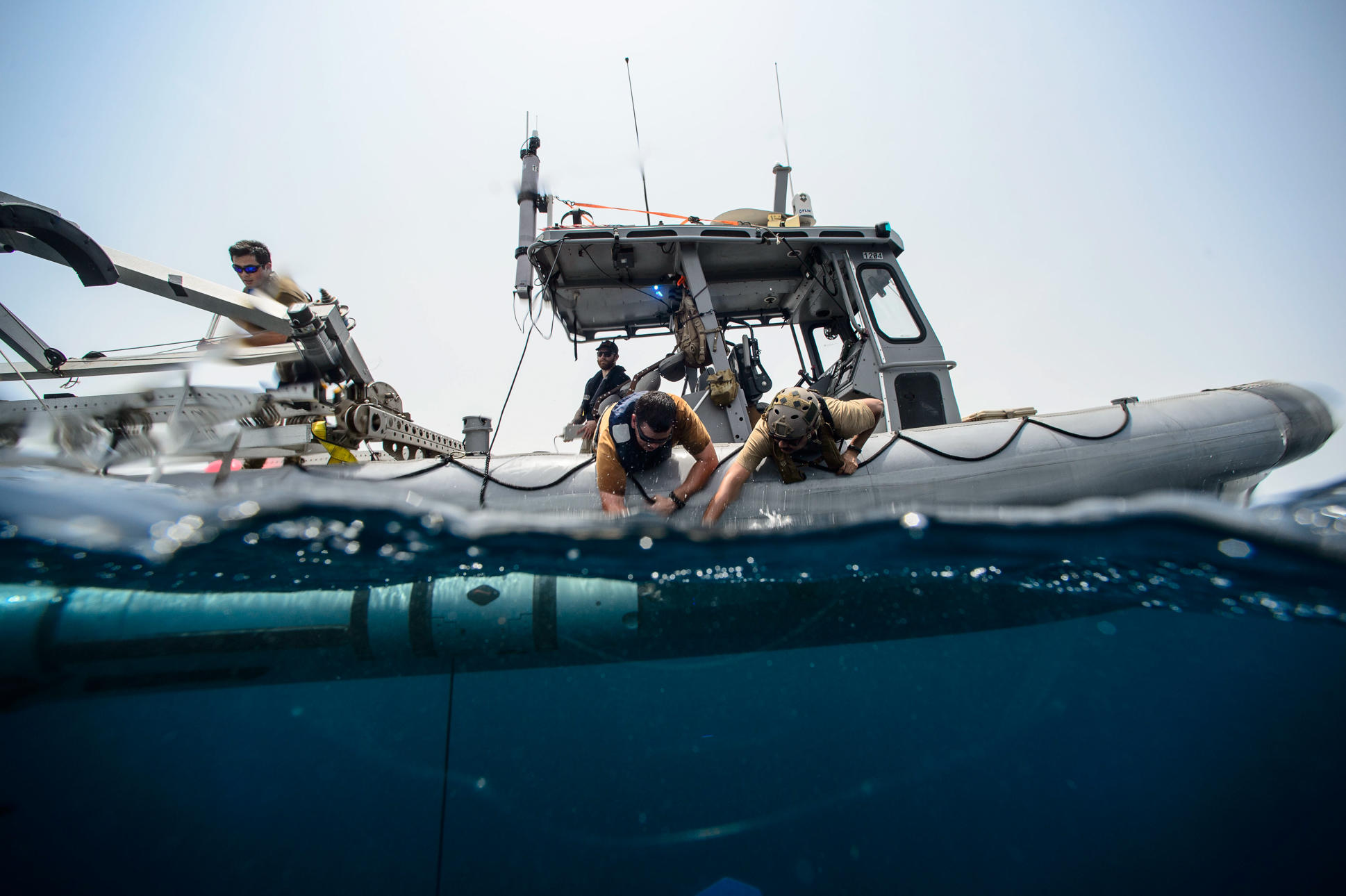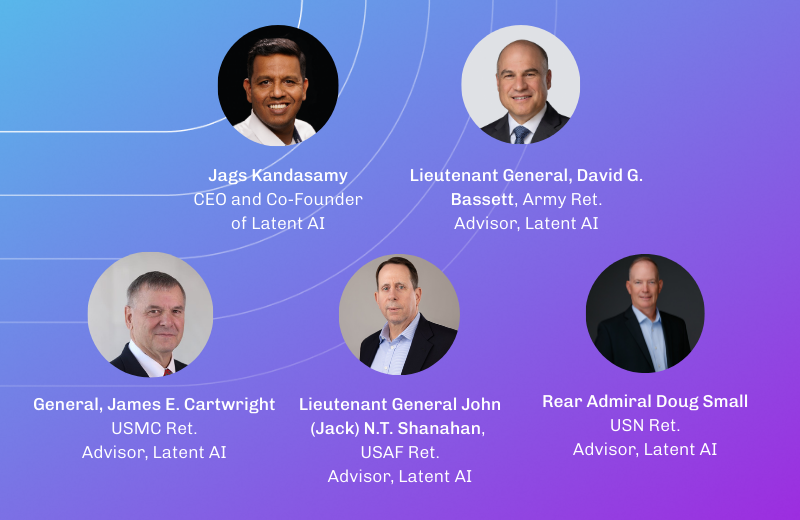Cutting-edge AI innovations unveiled at AUSA Conference 2024

The annual Association of the United States Army Annual Meeting 2024 has arrived! The experts at Latent AI are excited to participate in AI discussions and showcase our latest technology. This year’s theme is “Transforming a Complex World,” and we have a lot to share about our ongoing efforts to modernize our defensive forces and ensure that our warfighters are prepared for both present and future challenges.
You can spot Latent AI at several locations on the exhibit floor at the Walter E. Washington Convention Center in Washington DC. Tuesday and Wednesday, October 15 and 16, you can find us at the U.S. Army xTech and SBIR Innovator’s Corner as a winner of the xTechPrime and finalist for xTech Scalable AI 2 contest for Army Linchpin. We will also be in the Palantir Booth #3431. Here is a brief preview of what we will demonstrate.
- Updating models on tactical devices in the field
The conditions in the field often change, so it’s important for AI models used by our warfighters to be able to adapt to new landscapes, adversary tactics, and various changing conditions. To address this need, Latent AI is developing a ruggedized AI development kit that allows trained warfighters to quickly adjust AI models in the field. Watch a live demo at the Latent AI booth. - Rapid prototyping and test-and-evaluation
The Latent AI team is showcasing LEIP Design to assist operational teams in reducing uncertainty in AI development. They are using Latent AI’s benchmarked LEIP Design and LEIP Recipes to adapt to changing conditions, enabling rapid prototyping and evaluation of new or updated AI models to support warfighters. LEIP Design jumpstarts test and evaluation by providing proven benchmarked model-hardware combinations, resulting in a significant acceleration in prototyping. This allows for rapidly deploying new models into the field, keeping pace with mission requirements. Experience the on-demand demo.
- Using embeddings to inspect data quality and integrity
Latent AI is demonstrating how data validation and model re-training can be accelerated using embeddings. With embeddings, developers can efficiently enhance model accuracy in response to changing conditions. This is achieved through the use of features on the LEIP roadmap to facilitate assistive labeling and automate test and evaluation for swift data validation and model re-training. Embeddings also aid in assessing data quality and confirming the integrity of the model against data poisoning. View an on-demand demo.
- Protecting model validity through watermarking
Protecting model integrity from adversarial tampering is a major security concern for the use of AI in defense settings. Latent AI showcases the capabilities of our upcoming LEIP Optimize which enables developers to add a unique digital signature to their pre-trained models and deploy them without needing additional retraining. Watermarking with LEIP Optimize allows organizations to track ownership, support data-model provenance, and safeguard production models against theft and tampering. Read more about watermarking in our blog. See an example on-demand.
- Use of geospatial data in edge AI inference
Latent AI, in collaboration with Palantir and Esri, will be presenting our integration with LEIP and ArcGIS. This integration allows for the retrieval of geospatial data, conducting model inference in the field, and displaying the results through the ArcGIS platform. This demonstration will illustrate to the Army how important it is for commercial partners to work together to offer a comprehensive solution that combines Palantir hardware, Esri geospatial data and analysis systems, and Latent AI machine learning tools. Integrated solutions like this are essential for providing the warfighter with complete situational intelligence and capability in the field. View the on-demand demo.
Latent AI is dedicated to providing cutting-edge AI solutions to support and modernize our defensive forces. The technologies we will showcase at the AUSA Conference demonstrate our commitment to helping warfighters adapt to changing conditions, accelerate AI development, ensure data integrity, protect models from tampering, and leverage geospatial data for enhanced situational intelligence. These advancements are crucial for empowering our military with the tools and capabilities they need to succeed in today’s complex and ever-changing operational environments.





